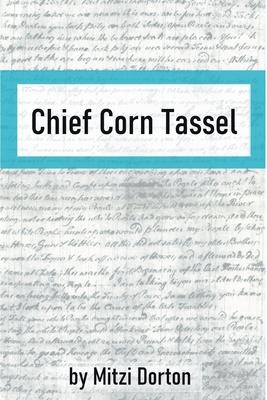Taking place when the surge of emigration swamped and dismantled the homelands of the eastern Cherokee, this historical narrative is told through the compiled speeches of Chief Corn Tassel. Samuel Cole Williams in 'Tennessee During the Revolutionary War, ' complained that other than Mooney's description, there was "no other sketch of this able chief." The story documents not only the period of history before the Trail of Tears, but also presents the political reasons behind the divided activities of the Overhill and the Chickamaugan factions. In the eighteenth century, Chief Corn Tassel was held as greatest orator, Beloved Man and successor of Chief Oconistota in the principal chiefship. Of significance, and documented with information as well, is Corn Tassel's relationship as uncle of Sequoyah and Chickamaugan chiefs: John Watts, Jr, Bob Benge, and others.

Taking place when the surge of emigration swamped and dismantled the homelands of the eastern Cherokee, this historical narrative is told through the compiled speeches of Chief Corn Tassel. Samuel Cole Williams in 'Tennessee During the Revolutionary War, ' complained that other than Mooney's description, there was "no other sketch of this able chief." The story documents not only the period of history before the Trail of Tears, but also presents the political reasons behind the divided activities of the Overhill and the Chickamaugan factions. In the eighteenth century, Chief Corn Tassel was held as greatest orator, Beloved Man and successor of Chief Oconistota in the principal chiefship. Of significance, and documented with information as well, is Corn Tassel's relationship as uncle of Sequoyah and Chickamaugan chiefs: John Watts, Jr, Bob Benge, and others.